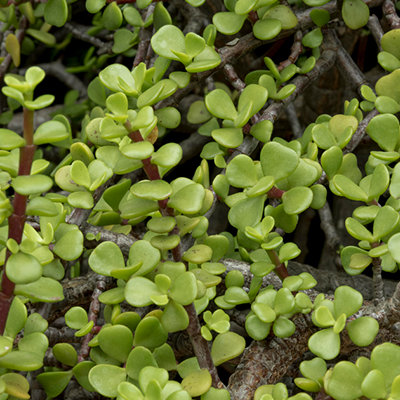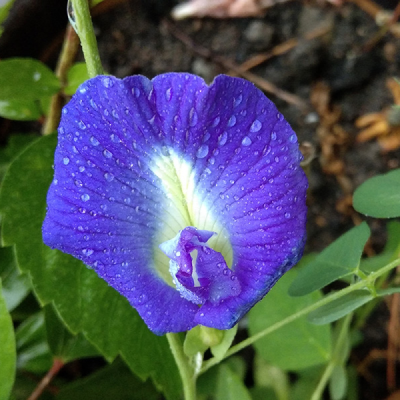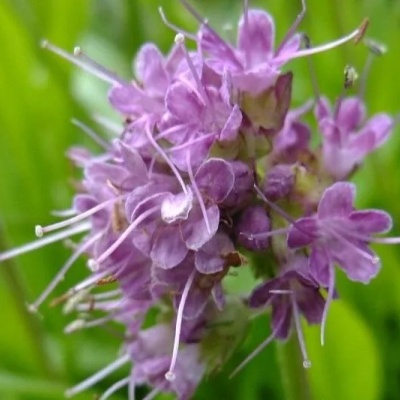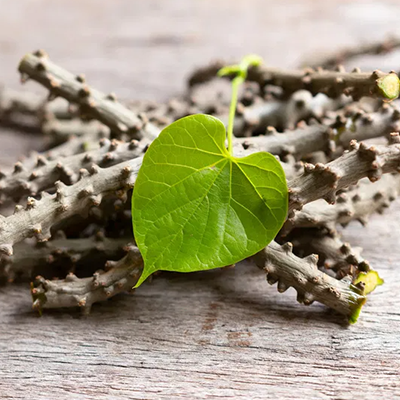Mood swings refer to rapid and extreme fluctuations in emotional state, ranging from happiness and excitement to anger, sadness, or anxiety. While occasional mood changes are normal, frequent or severe mood swings may indicate an underlying issue.
Causes of Mood Swings
1. Physiological Causes
Hormonal changes: Menstrual cycle, pregnancy, menopause, or thyroid imbalances.
- Blood sugar fluctuations: Hypoglycaemia or diabetes.
- Sleep disturbances: Insomnia or sleep apnoea.
- Neurological factors: Changes in neurotransmitters like serotonin and dopamine.
2. Psychological Causes
- Stress: Chronic stress or burnout.
- Mental health conditions: Anxiety, depression, bipolar disorder, or borderline personality disorder.
- Trauma: Past emotional or physical trauma can trigger mood instability.
3. Lifestyle Factors
- Poor diet: Lack of essential nutrients like Omega-3 fatty acids, magnesium, and B vitamins.
- Substance use: Alcohol, drugs, or excessive caffeine consumption.
- Sedentary lifestyle: Lack of physical activity.
4. Environmental Triggers
- Social factors: Relationship conflicts or loneliness.
- Seasonal changes: Seasonal Affective Disorder (SAD).
Ayurvedic Perspective on Mood Swings
Dosha Imbalances
- Vata Dosha: Causes anxiety, restlessness, and frequent mood shifts due to its erratic nature.
- Pitta Dosha: Leads to irritability, anger, and frustration when aggravated.
- Kapha Dosha: Causes lethargy, sadness, or depression when out of balance.
Agni (Digestive Fire) Imbalance
Improper digestion leads to the formation of Ama (toxins), affecting mental clarity and stability.
Sattva, Rajas, and Tamas
- Sattva: Represents mental balance, clarity, and positivity.
- Rajas: Linked to hyperactivity and emotional instability.
- Tamas: Causes inertia, lethargy, and negative thinking.
Ayurvedic Treatment for Mood Swings
Diet and Nutrition (Pathya)
- Vata Balance: Include warm, grounding foods like soups, stews, and ghee. Avoid cold, dry, and raw foods.
- Pitta Balance: Emphasize cooling foods like cucumbers, coconut water, and bitter greens. Avoid spicy and fried foods.
- Kapha Balance: Use light, warm, and mildly spicy foods like ginger tea and steamed vegetables. Avoid heavy or oily foods.
Lifestyle Modifications (Dinacharya)
- Regular Sleep Routine: Maintain consistent sleep and wake times.
- Yoga and Pranayama
- Daily Abhyanga (Self-Massage): Use warm sesame oil for Vata, coconut oil for Pitta, and mustard oil for Kapha.
Detoxification (Panchakarma)
- Vamana (Therapeutic Vomiting): For Kapha-related mood disturbances.
- Virechana (Purgation Therapy): For Pitta-related irritability and anger.
- Nasya (Nasal Therapy): To balance the mind and relieve stress.
Rasayana (Rejuvenation Therapy)
- Chyawanprash: Strengthens immunity and balances emotions.
- Medhya Rasayanas: Promote mental clarity, including Mandukaparni and Yastimadhu.
Herbal Remedies
Ashwagandha :
Adaptogen to reduce stress and stabilize emotions.
Brahmi (Bacopa Monnieri) :
Enhances mental clarity and reduces anxiety.
Shankhpushpi :
Calms the mind and supports emotional balance.
Jatamansi :
Helps with depression and anxiety.
Guduchi :
Detoxifies the body and enhances Sattva.
By addressing mood swings holistically through Ayurveda, lifestyle adjustments, and mindfulness, individuals can achieve long-lasting emotional balance and mental well-being.








